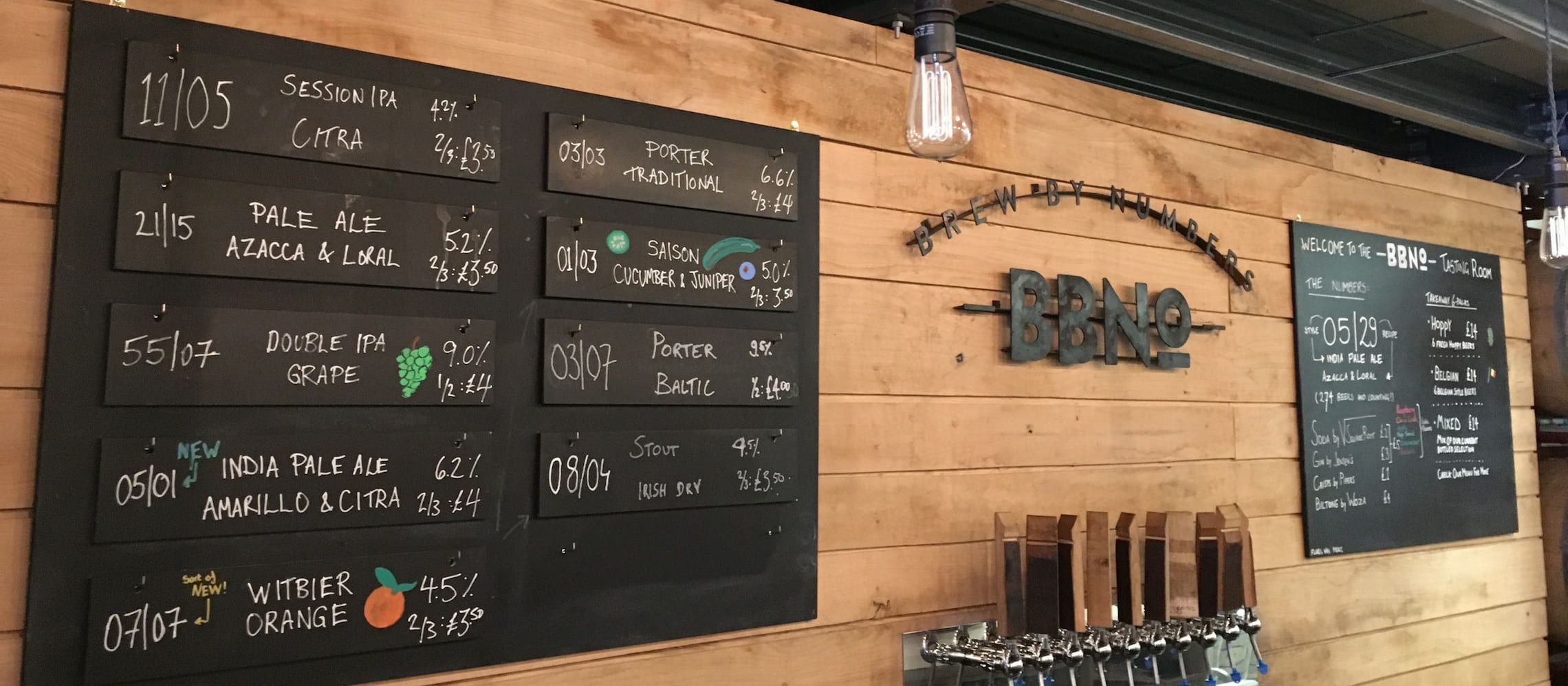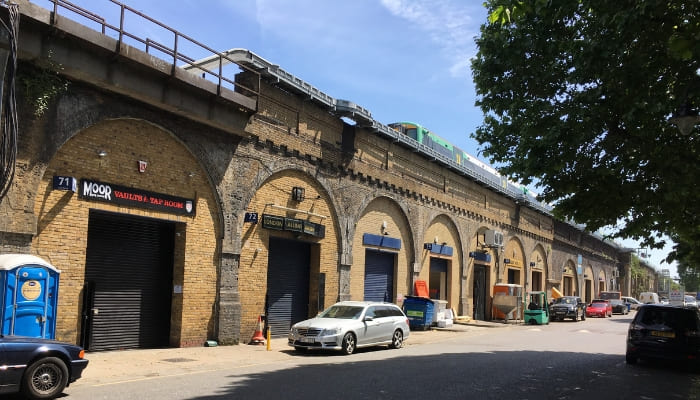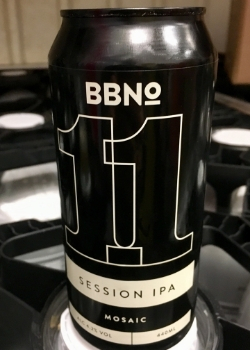Submission Deadline
28 February 2026
Judging
Date
23 March 2026
Winners Announcement
22 April 2026
28 February 2026
23 March 2026
22 April 2026

Three things in life are certain: death, taxes and that there will soon be a lot, lot more taprooms in the UK. In an industry where bar-space is increasingly hard to come by and neighbourhood bottle shops feature hundreds of different beers, being able to sell directly to the customer is a no-brainer. There are plenty already, but there’ll be loads more soon.

One brewery that has really seen the benefit of having a taproom is Brew By Numbers, which is based in Enid Street, Bermondsey. They brew at No 79 and have their offices and taproom at No 75. Despite only being open on Friday and Saturday, income from the taproom already represents a sizeable chunk of their turnover, according to founder and owner Tom Hutchings.
“By volume, it's between 10 per cent and 15 per cent,” he says, “And by revenue, it's about 25 per cent. It keeps the wolves at bay, that's for sure! The way our brewery is, we don't have any sort of big financial backers. So everything is done through profits and whatever else I can wangle out of the bank. So there's a lot of things that have been quite a shoestring budget, which means doing a lot of work on ourselves.”

Brew By Numbers also opens its brewery arch on Saturdays and has just opened a third site in Peckham, a mile or two south of the brewery. There’s more to come. “This year, I'm looking to move the brewery and open it with a taproom somewhere in south-east London,” he says.
Here are five reasons why taprooms are a tip-top idea:
“It’s really important to have a place where customers can visit and try the beer where it's made. It’s also important for us to be able to explain to them why we made these beers and what excites us about them and to get feedback as well.
“Breweries must engage with consumers. I think it's something that we all need to be doing for the benefit of the industry as a whole. At the new Peckham bar, we're going to be selling flights, to further that exploratory nature that we have running throughout our brewery. We want to get customers trying new and unusual styles.”
“In Peckham, we've got this good-sized car park area outside the front, and the idea is to bring a bit of [the Bermondsey food market] Maltby Street to Peckham. So come Spring and Summer, we want to get the car park filled with some different food stands and other stuff from the local community, too.”
“Any time we grow, we need money because we're in the manufacturing business, and it requires a lot of working capital for anything that we do. So even if we just decided, okay, we're going to brew once more a fortnight or a month, that's extra money that we've got to find from somewhere. And the problem with wholesale is that it takes us three weeks to make a beer, and then once it's ready, it will take about two weeks to sell a batch. And normally with wholesale, that will be another month before we get paid.
“The taprooms help us to improve cash flow and to reduce the amount of working capital. There are some really good examples of it in the States, breweries like Trillium and Other Half. They sell upwards of 80 per cent of their beer directly to the consumer. And that makes a huge difference, in terms of how they can grow and how cash-rich they are.”
“I think that people in London want to come and try new things and get new experiences. And so, part of the theme of the Peckham bar is barrels and this crazy bar that we've had built out a wing. We're still adding to it, there's still more barrels we want to put in! But it just gives customers something a bit different really - hopefully something that's memorable, and adds to the variety that's here.”
“We've just had a fridge delivered to Peckham today, so we can do cold takeaway beers. And the idea is that we buy some more barrels that will be on display here. And we will have a cold room behind the bar for storing and serving kegs from in the future - we've just got a flash chiller and standard bar set-up now. But we're hoping that it'll become a self-funding thing, and we can just keep adding bits and pieces to it as it grows.”

The article is contributed by Will Hawkes. He is a freelance journalist specialising in beer and travel. He is an author of Craft Beer London, a guide to the city's burgeoning beer culture and a regular contributor to a host of publications including The Financial Times, The Guardian, The Washington Post and Beer Advocate.
Show your beers where it matters. Get your products tasted by top buyers and experts at the London Competitions — enter now.